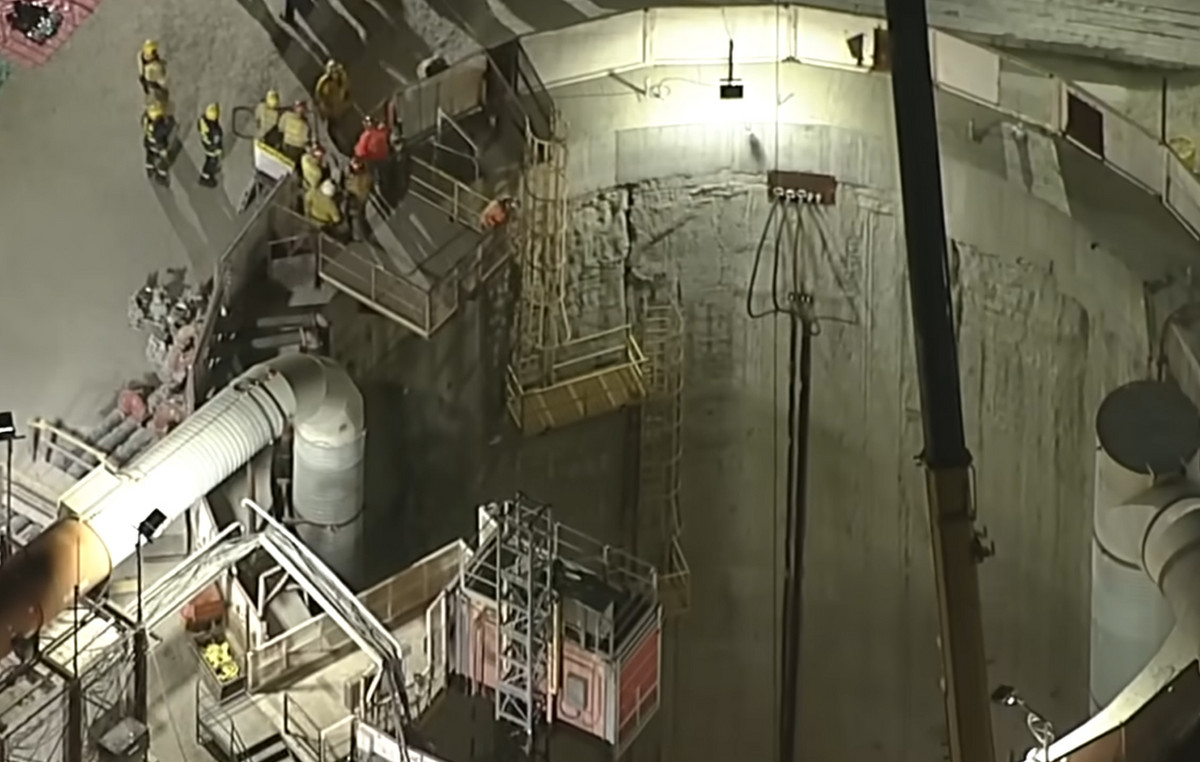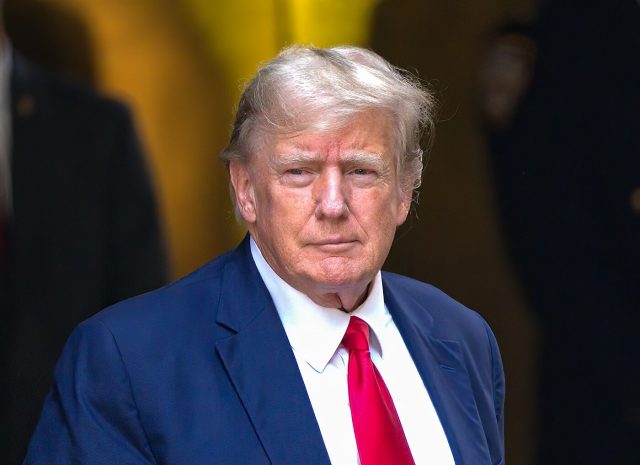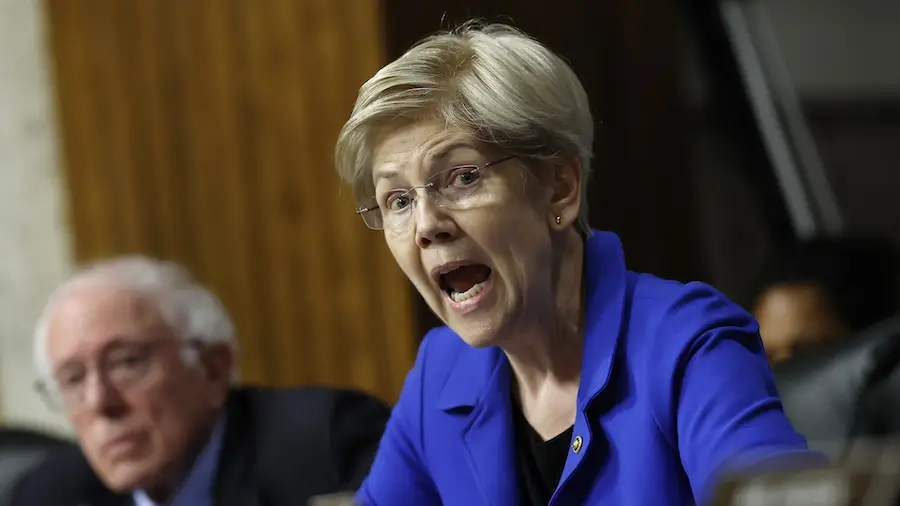For the first time, the bill was submitted in February 2025 by Patricia Miller and Matthew Lesser (Matthew Lesser), as well as members of the House of Representatives Connecticut Kennett (Kenneth Gucker) and Jason Duson. Doucette). The bill received significant support: in mid -May, 105 members of the House of Representatives voted for it, and only 42 participants cast votes “against”. On May 30, the General Assembly of Connecticut unanimously approved the bill.
The legislative initiative prohibits state and local authorities to store cryptocurrencies, invest in them and create cryptocurrency reserves. The document states that officials cannot accept or demand payment in digital assets due to the state. The bill also provides for consumer protection. Companies working with digital assets are required to disclose potential risks associated with them: lack of compensation for possible losses, state support and insurance, as well as irreversibility of transactions.
As for cryptomat operators, they are required to check the identity of customers and limit the amounts with which customers can make daily transactions. For new customers, daily limits in the amount of $ 2000 are valid, and for existing customers this amount is limited to $ 5000. Cryptomat operators should also provide lively customer support and hire a full -time specialist who will ensure compliance with regulatory requirements for preventing fraud.
In 2023, the company Bitcoin of America, the operator of the BTM cryptomat network, suspended the activities in Connecttick due to the lack of a license. The company paid $ 86,000 as compensation to injured users.
Source: Bits
I am an experienced journalist, writer, and editor with a passion for finance and business news. I have been working in the journalism field for over 6 years, covering a variety of topics from finance to technology. As an author at World Stock Market, I specialize in finance business-related topics.







